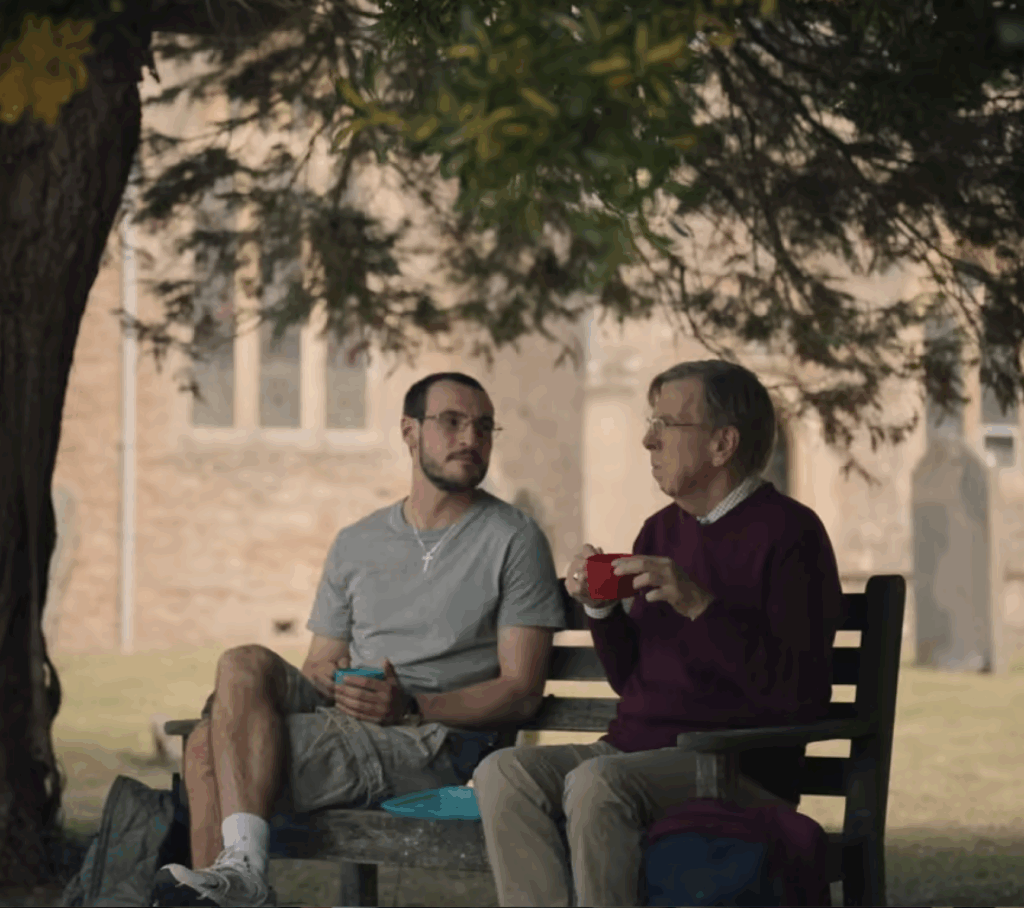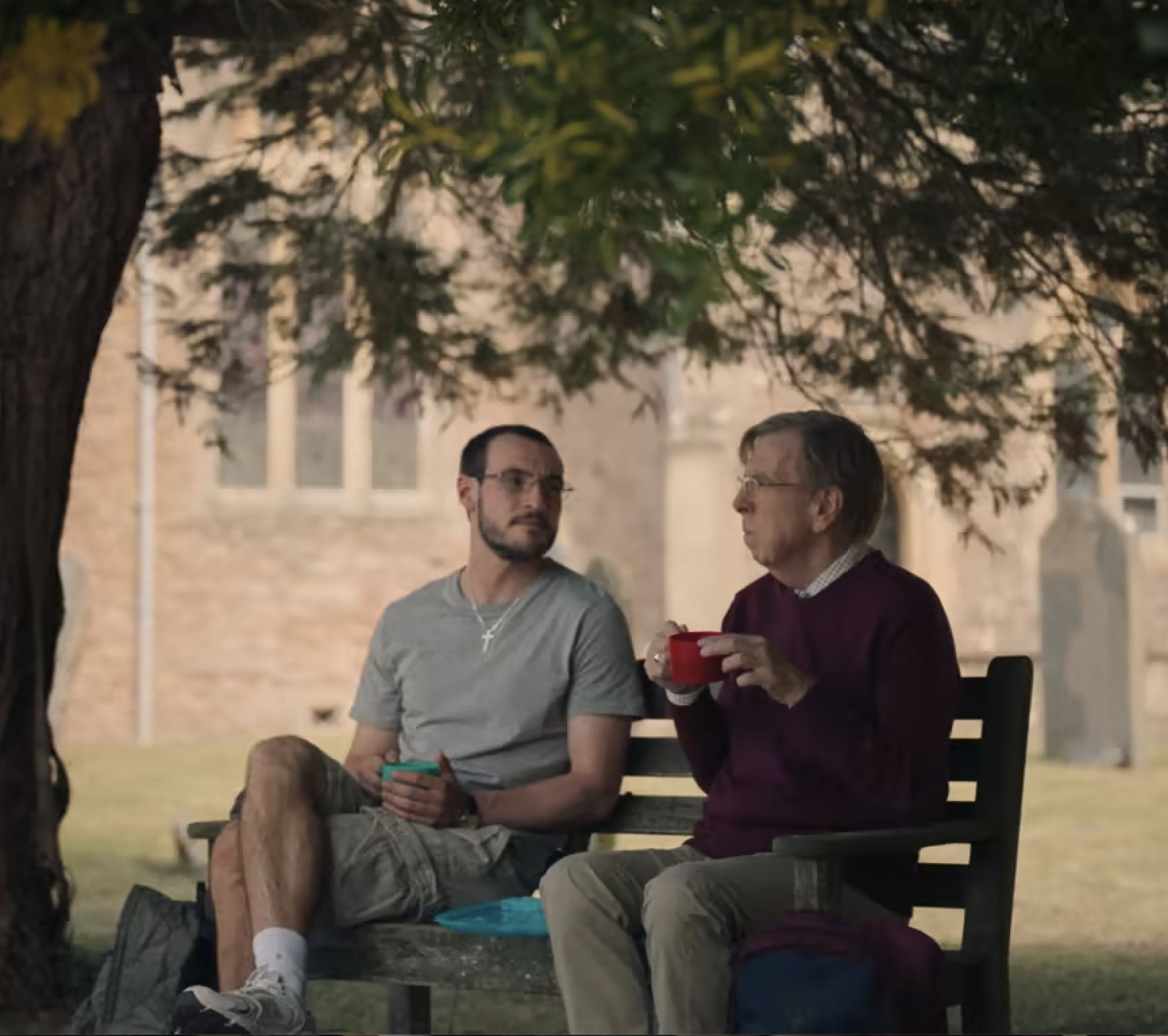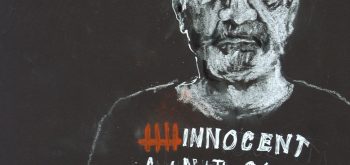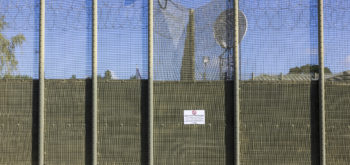The miscarriage of justice watchdog has for the first time invoked a ‘safety valve’ power to send a case back to the court without having to rely on new evidence. Benjamin Field’s murder conviction has been referred by the Criminal Cases Review Commission (CCRC) under the ‘exceptional circumstances’ provision which explicitly allows for referrals where there is nothing new based upon the principle of ‘lurking doubt’ .
Benjamin Field was convicted in August 2019 at Oxford Crown Court of the murder of the author Peter Farquhar. Farquhar was found dead in his home in Maids Moreton in October 2015. Field had pretended to be in a relationship with Farquhar to inherit his estate. Farquhar’s cause of death was determined as being a result of acute alcohol toxicity, but after a second post-mortem Flurazepam, used to treat insomnia, was also found. Field was sentenced to life imprisonment with a minimum term of 36 years.
- The image is from The Sixth Commandment, an ITV drama exploring the deaths of Peter Farquhar and Ann Moore-Martin. Field was convicted of the murder of Mr Farquhar but acquitted of the attempted murder of Ms Moore-Martin.
Benjamin Field’s murder conviction has been referred under the Criminal Justice Appeals Act section 13(2) which is believed to be a first for the watchdog. It allows referrals to be made without in ‘exceptional circumstances where this neither new evidence or a point of law not raised before. According to the legal academics Carolyn Hoyle and Mai Sato (in their 2019 study of the CCRC Reasons to Doubt) the CCRC has never used this power.
The recent Law Commission consultation paper on criminal appeals explains that 13(2) was drafted in response to fears expressed by peers during passage of the Bill, including Viscount Garry Runciman who headed up the Royal Commission that led to the creation of the CCRC in 1997. Their concerns were that the restrictions of the ‘real possibility’ test would prevent consideration of worthy cases, for instance, where the conviction was unsafe ‘but the relevant argument or evidence had been raised in some rudimentary or insufficient fashion either at the original trial or subsequent appeal’. It was noted that the Government and the Lord Chief Justice were concerned about ‘swamping the CCRC and the Court of Appeal’. In reality, there was little danger and the CCRC has never relied upon it.
The legal academic, Professor Michael Zander KC, who was a member of the Runciman Commission, said that section 13(2) had proved ‘a useless safety valve’. Writing for the Justice Gap in 2012, Zander wrote: ‘I imagine the reason is that the Commission lacks the confidence to use the power, fearing that the Court of Appeal will not welcome referrals when there is nothing new. But if the CCRC believes that the case should be reconsidered it should exercise the power to require that it be reconsidered, even if the reference fails.’
The Law Commission in its consultation quoted the investigative journalist and former CCRC commissioner David Jessel (writing for the Justice Gap) criticising the limitations of the ‘real possibility’ test. ‘What miscarriage of justice campaigners were all about was banging on the doors of the Court of Appeal and sending cases back until they got it bloody right – whether it was Carl Bridgewater or the Birmingham Six. Sending it back until the penny dropped.’
The fact that the CCRC has finally used its ‘safety valve’ might be indicative of a re-energised CRC under the leadership of new interim chair Dame Vera Baird. Over the summer, the watchdog referred the longstanding case of Clive Freeman who had applied to the CCRC five times without any success; launched a review of IPPs doled out to young offenders; and announced that it will be recruiting four new case review managers to deal with the rising number of applications.
‘This unusual case raises interesting legal questions about deception and the free will of victims,’ comments Dr Hannah Quirk, reader in Criminal Law at the Dickson Poon School of Law at King’s College London. ‘It will be interesting to see how the Court of Appeal responds to what seems to be a more expansive approach by the CCRC. The CCRC has rightly been criticised for its failings over the last few years, but the Court of Appeal played its part too. Whichever way the decision goes, this is likely to be an important case for our understanding of key legal principles.’
The Ben Fields referral relates to the issue of causation, previously considered by the court but, says the CCRC, ‘about which there is now further legal argument’.
The prosecution case was that Field had manipulated Farquhar into changing his will and then killed him by giving him whisky and encouraging him to drink it. ‘This was while deceiving him as to his true intention, so making it look as if he had drunk himself to death,’ says the CCRC. ‘The defence case was denial of an intention to kill. During the trial, the defence argued that as a matter of law an individual’s deceptive conduct could amount to murder only if the deception was as to the nature of the act, and not as to their intention in committing it. The trial judge ruled against this argument’.
The conviction was upheld by the Court of Appeal in March 2021. An application to the CCRC was received in September 2022 making two submissions: firstly, that the criticism on the directions on causation is supported by decisions on consent procured by deception in the law of sexual offences (where consent is invalidated only if the deception is as to the nature of the act or the identity of the perpetrator).
Secondly, it has been argued there are exceptional circumstances which justify the court to reconsider the argument on causation which was made on appeal. Exceptional circumstances are considered where an argument has developed that could persuade the court that the conviction is unsafe.
According to the CCRC: ‘The issue of causation was dealt with extensively at trial and the appeal, but the CCRC has considered that this case should be referred as there is sufficient merit in the submissions now, giving rise to a real possibility that the court will find his conviction of murder unsafe.’








